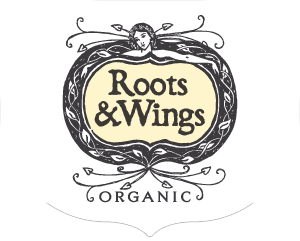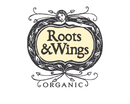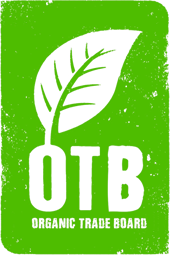Organic standards insist that animals are given plenty of space and fresh air to thrive and grow. No system of farming has higher levels of animal welfare standards than organic farms working to Soil Association standards.
Soil Association certified meat and dairy animals are fed a healthy diet, there is no factory farming, they have had access to the outdoors, and have been cared for in ways that reduce stress and disease. Under organic rules, all aspects of animal welfare are tightly controlled, including rearing, shelter, feeding, transportation and slaughter.
Ensuring good health is better than relying on drugs to treat disease, which is why so much emphasis is put on practices that encourage healthy farm animals. This is achieved in many practical ways, such as keeping numbers down to reduce stress, providing appropriate nutritious feed and ensuring easy access to the outdoors.
Organic animals cannot be given growth promoting hormones, regular doses of antibiotics or genetically modified (GM) feed. Sick animals are treated using homeopathic and complementary remedies, unless a vet says an animal needs antibiotics; in which case they must be given.
To ensure that no residues are left, a set period of time has to pass before the animal can produce products for sale as organic.














